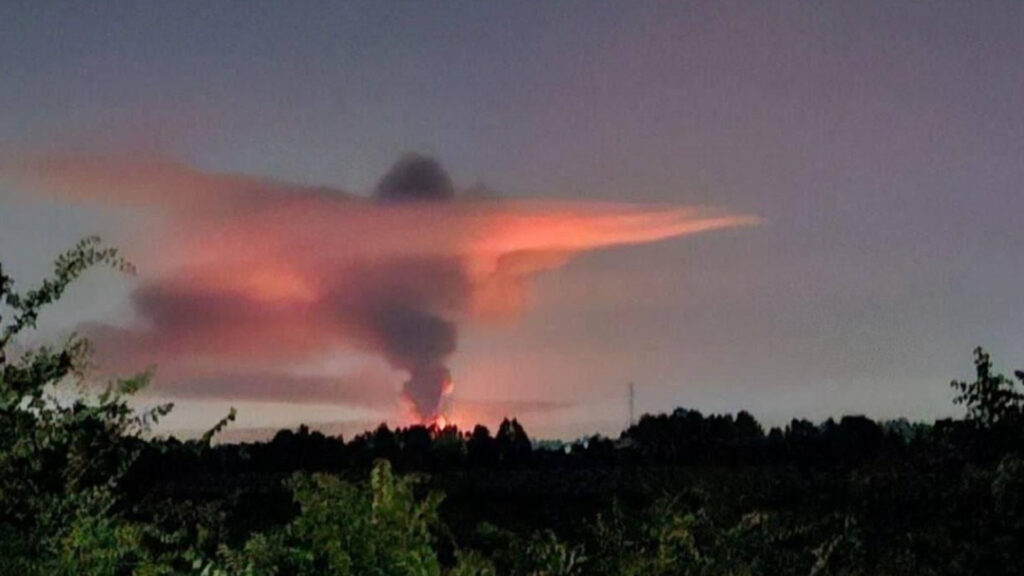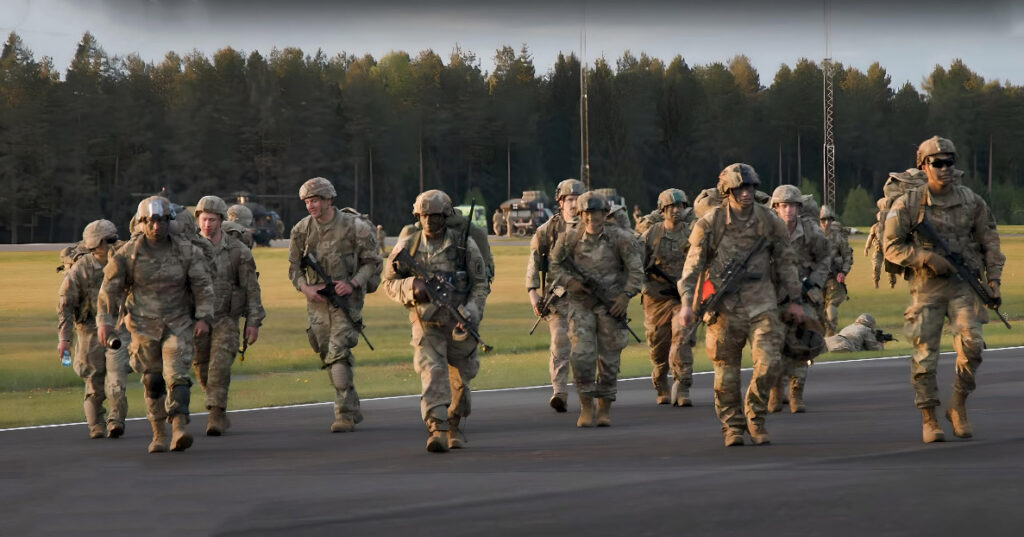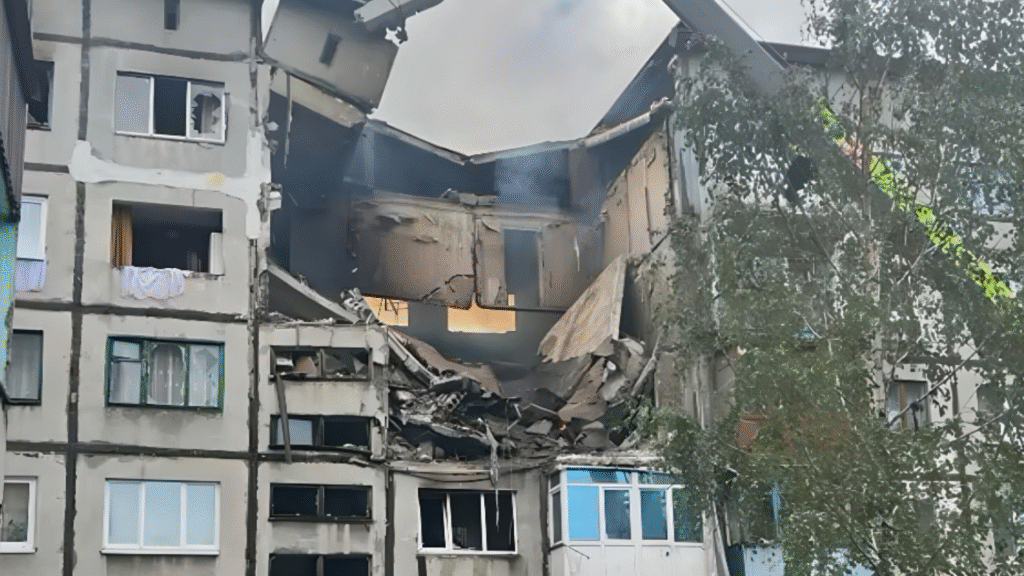In a dramatic escalation of tensions in the Middle East, Tehran was rocked by a large-scale airstrike in the early hours of Wednesday, targeting critical military and technological facilities. Reports indicate that dozens of fighter jets were involved in the operation, which has sent shockwaves through the region and beyond, raising fears of a broader conflict.
According to sources familiar with the operation, the strikes involved over 60 aircraft, focusing on strategic sites linked to Iran’s missile development and advanced weapons programs. A key target was a research facility believed to be central to the country’s cutting-edge defense systems. The operation, described by military officials as a precise and calculated move, aimed to curb the expansion of capabilities that could shift the regional power balance.
The strikes caused significant damage, with local reports detailing fires, destruction of both military and civilian infrastructure, and heightened activity from Iran’s civil defense forces. While Iranian authorities claim their air defense systems intercepted some of the incoming missiles, a substantial number reportedly hit their intended targets. In response, Iran’s leadership condemned the attack as a “flagrant violation” and vowed a robust retaliation, further fueling concerns about spiraling violence.
This latest incident follows a series of tit-for-tat strikes between Iran and its adversaries in recent weeks, marking a new peak in hostilities. The operation has sparked intense diplomatic activity, with urgent meetings convened by international bodies to address the growing crisis. Analysts warn that such a bold strike on the Iranian capital could signal a shift from covert rivalries to open confrontation, potentially drawing in major global powers.
The human toll is already evident, with civilians in Tehran grappling with power outages, evacuations in affected areas, and widespread anxiety. Long lines have formed at pharmacies and grocery stores as residents brace for further disruptions. Emergency services are working around the clock to manage the fallout.
As the situation unfolds, the international community faces renewed pressure to develop mechanisms for de-escalation and conflict prevention. The rapid pace of events and the involvement of advanced weaponry underscore the urgent need for diplomatic intervention to avert a wider, more destructive conflict.



